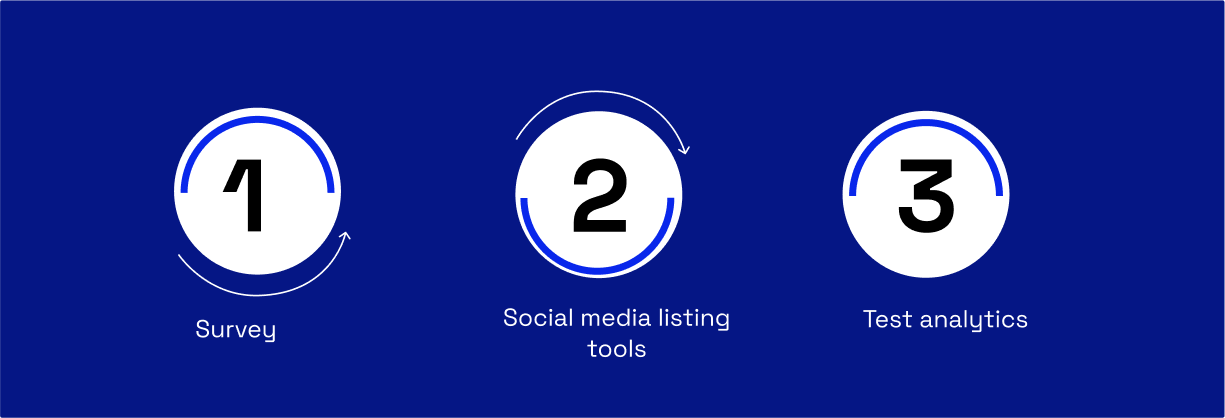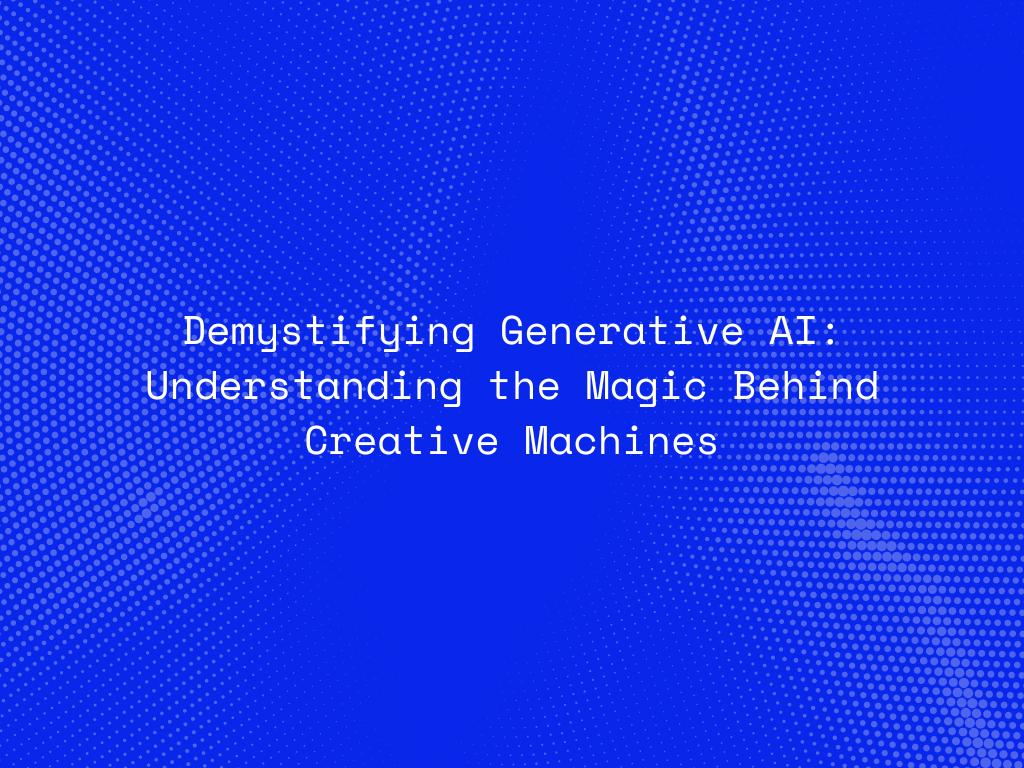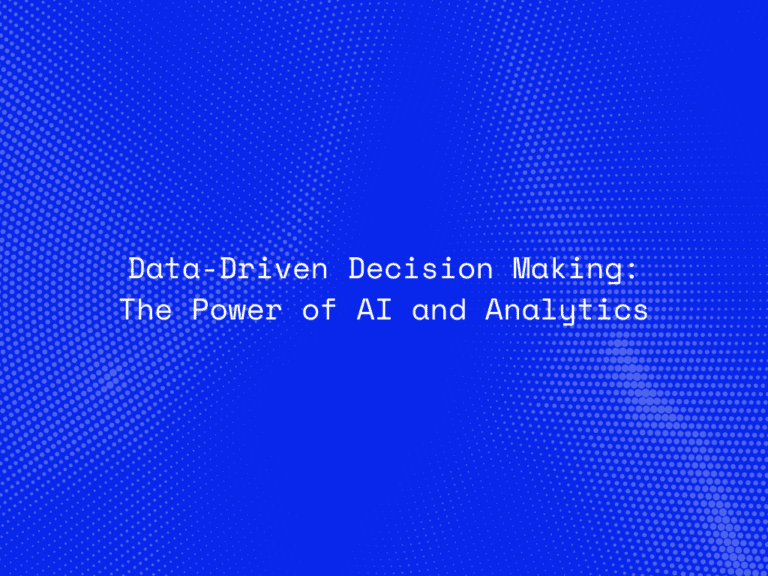Natural Language Processing (NLP) is a branch of artificial intelligence (AI) that focuses on the interaction between computers and humans through natural language. By leveraging advanced algorithms and linguistic models, NLP enables computers to understand, interpret, and generate human language, transforming unstructured text data into actionable intelligence. In this blog post, we’ll explore the fascinating world of NLP and its transformative impact on various industries.
Understanding Natural Language Processing:
NLP encompasses a wide range of tasks and techniques aimed at processing and analyzing natural language text. These tasks include:
1. Text Tokenization: Breaking down text into individual words, phrases, or sentences to facilitate analysis and processing.
2. Part-of-Speech Tagging: Identifying the grammatical components (e.g., nouns, verbs, adjectives) of each word in a sentence.
3. Named Entity Recognition (NER): Identifying and categorizing named entities such as people, organizations, locations, and dates mentioned in text.
4. Sentiment Analysis: Analyzing the sentiment or emotion expressed in text (e.g., positive, negative, neutral) to gauge public opinion or customer feedback.
5. Language Translation: Converting text from one language to another, enabling cross-lingual communication and understanding.
6. Text Summarization: Generating concise summaries of longer texts to extract key information and insights.
Real-World Applications of NLP:
1. Customer Support: NLP-powered chatbots and virtual assistants can interact with customers in natural language, answering questions, providing assistance, and resolving issues in real-time.
2. Social Media Monitoring: NLP algorithms can analyze social media posts, comments, and tweets to extract trends, sentiments, and insights, enabling brands to monitor online conversations and manage their online reputation.
3. Healthcare: NLP is transforming healthcare by analyzing clinical notes, medical records, and research articles to extract valuable information for diagnosis, treatment planning, and medical research.
4. Finance: NLP algorithms can analyze news articles, financial reports, and market data to identify trends, sentiment shifts, and investment opportunities in real-time.
5. Legal: NLP is being used in the legal industry to analyze legal documents, contracts, and case law, enabling lawyers to extract relevant information, conduct legal research, and streamline document review processes.
6. E-commerce: NLP-powered recommendation systems can analyze product descriptions, user reviews, and purchase history to provide personalized product recommendations and enhance the shopping experience for customers.

Benefits of NLP:
1. Improved Efficiency: NLP automates text processing tasks, saving time and effort for businesses and individuals.
2. Enhanced Accuracy: NLP algorithms can analyze large volumes of text data with high precision and accuracy, reducing errors and improving decision-making.
3. Better Insights: NLP enables organizations to extract valuable insights and intelligence from unstructured text data, leading to better-informed decisions and strategic initiatives.
4. Enhanced Customer Experience: NLP-powered chatbots and virtual assistants provide personalized and responsive customer support, enhancing the overall customer experience and satisfaction.
Conclusion:
Natural Language Processing is revolutionizing the way we interact with and extract value from textual data. By enabling computers to understand, interpret, and generate human language, NLP is transforming industries across the board, from customer support and healthcare to finance and e-commerce. As NLP technology continues to advance, its potential to unlock new opportunities and drive innovation in various domains will only continue to grow.




